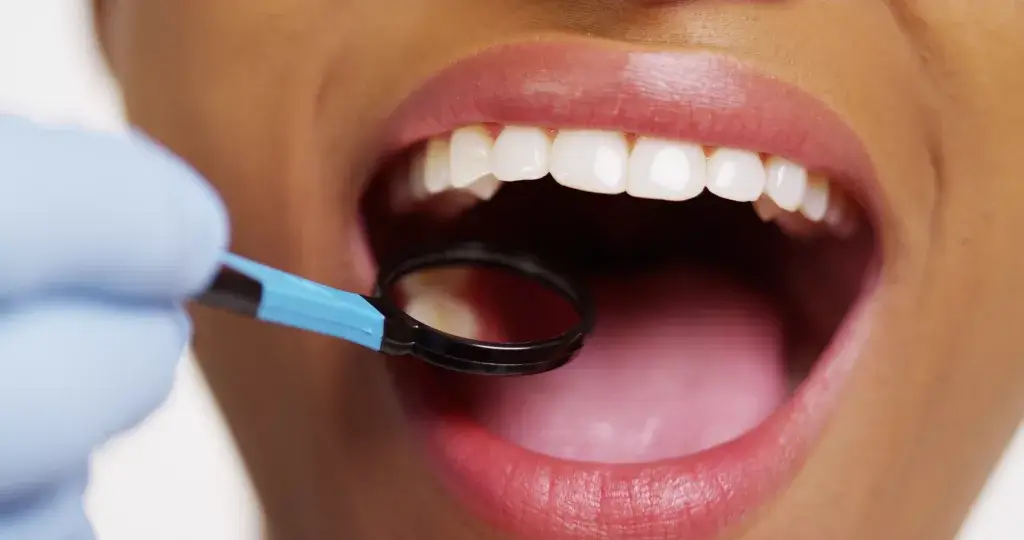Maintaining excellent oral health is essential not just for a beautiful smile, but for your overall well-being. From daily habits like brushing and flossing to understanding how oral conditions impact your heart and lungs, this guide offers comprehensive insight into how you can take charge of your dental health—at every stage of life.

Why Oral Health Is More Important Than You Think
Your mouth acts as a mirror to your body’s health. Dentists are often the first to notice signs of systemic conditions like diabetes or vitamin deficiencies. According to the Centers for Disease Control and Prevention (CDC), untreated oral issues like gum disease and cavities can lead to chronic inflammation, infections, and even cardiovascular complications.
Mouth-Body Connection
Cardiovascular Health: Gum infections may increase your risk of clogged arteries and heart disease.
Diabetes: High glucose levels can worsen gum disease, and infections can destabilize blood sugar.
Pregnancy Risks: Gum disease is linked to premature births and low birth weight.
Respiratory Issues: Bacteria in the mouth can travel to the lungs, causing infections.
Understanding the Basics of Dental Hygiene
Brushing Techniques
Brush twice a day with a fluoride toothpaste.
Use gentle circular motions to clean all surfaces.
Replace your toothbrush every 3–4 months or after being sick.
The Power of Flossing
Flossing isn’t optional. It removes plaque and food particles from areas your toothbrush can’t reach. Regular flossing helps prevent cavities and gum inflammation.
Choosing the Right Mouthwash
Antibacterial mouthwashes reduce plaque and freshen breath. If you have dry mouth, consider alcohol-free options.
Diet and Nutrition for Healthy Teeth
What to Eat for Stronger Teeth
Calcium (milk, cheese, yogurt): Strengthens enamel.
Phosphorus (meat, fish, eggs): Helps rebuild tooth minerals.
Vitamin D: Assists in calcium absorption.
Vitamin C (citrus, broccoli): Essential for gum health.
Foods to Avoid
Sugary snacks and soft drinks.
Acidic foods like citrus (if consumed excessively).
Sticky candies (they linger on teeth longer).
Dental Health Through the Ages
Infants and Toddlers
Wipe baby’s gums with a soft cloth even before teeth emerge.
Avoid putting babies to bed with bottles containing juice or milk.
First dental visit should occur by age one.
Children and Teens
Encourage brushing for two minutes, twice daily.
Use sealants to protect molars from decay.
Teens should avoid tobacco and sugary energy drinks.
Adults
Continue regular dental checkups every 6 months.
Watch for signs of grinding (bruxism) or oral cancer.
Use fluoride mouthwash if you are prone to cavities.
Seniors
Monitor for dry mouth (common side effect of medications).
Brush gently around crowns, bridges, and dentures.
Stay hydrated and chew sugar-free gum to stimulate saliva.
Common Oral Health Problems and Their Prevention
Cavities (Tooth Decay)
Caused by acid-producing bacteria, cavities are the result of plaque build-up and poor hygiene. Fluoride strengthens enamel and helps prevent decay.
Gum Disease (Gingivitis & Periodontitis)
Symptoms include bleeding gums, bad breath, and receding gum lines. Left untreated, it can lead to tooth loss and bone damage.
Tooth Sensitivity
Triggered by hot, cold, or sweet foods, sensitivity can be due to worn enamel or exposed roots. Desensitizing toothpaste can help.
The Psychological Impact of Oral Health
Your smile plays a major role in your confidence, mental health, and social life. Poor oral health may lead to:
Low self-esteem
Anxiety in social or professional settings
Depression linked to chronic pain or embarrassment
Orthodontic treatments and cosmetic dentistry are not just aesthetic—they contribute to better mental wellness read more.
Tools and Technologies for Modern Dental Care
Electric Toothbrushes
Clinically proven to remove more plaque and reduce gum problems compared to manual brushes.
Water Flossers
Great for those with braces or sensitive gums, they use water pressure to clean between teeth.
Dental Apps
Apps like Oral-B or Colgate Smart allow users to track brushing habits, set reminders, and even detect missed spots via AI-powered sensors.
Professional Dental Visits: What to Expect
You should visit your dentist twice a year, even if you don’t feel pain. Exams help detect:
Early signs of cavities
Gum inflammation
Oral cancer
Jaw alignment issues
Professional Cleaning
Dental hygienists remove hardened plaque (tartar), polish your teeth, and offer guidance on brushing techniques.
Preventive Practices You Can Start Today
Use a mouthguard if you play contact sports.
Avoid chewing ice or hard candy.
Don’t use your teeth to open packages.
Stop smoking—it stains teeth and accelerates gum disease.
Chew sugar-free gum to stimulate saliva after meals.
Oral Health in Special Circumstances
During Pregnancy
Hormonal changes increase gum sensitivity.
Visit the dentist early and maintain hygiene routines.
Don’t skip cleanings—oral health is critical during pregnancy.
If You Wear Braces or Aligners
Use orthodontic brushes and interdental cleaners.
Clean aligners daily.
Avoid sticky foods and chewy candy.
For People with Medical Conditions
Cancer patients: Chemotherapy may cause oral side effects; use gentle toothpaste and rinse regularly.
Heart patients: Inform your dentist if you’re on blood thinners.
Diabetics: Maintain tight glycemic control to prevent infections.
External Resource
To learn more about how oral health affects your entire body, the Mayo Clinic offers a detailed overview:
🔗 Mayo Clinic – Oral Health: A Window to Your Overall Health
